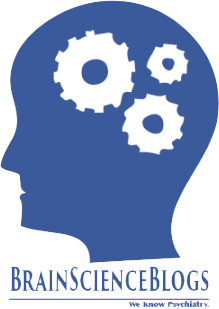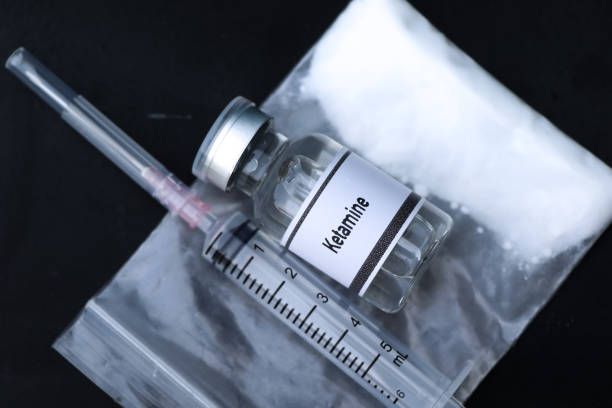ABSTRACT ~ Objectives: To sequentially study the effectiveness of lithium and divalproex monotherapy and adjunctive therapy with quetiapine or lamotrigine in the acute and continuation treatment of bipolar I or II disorder at any phase of illness and at least mild symptom severity. Methods: From June 2011 to December 2016, patients with bipolar I or II disorder (using DSM-IV diagnostic criteria) and CGI-S (Clinical Global Impression-Severity) ⩾ 3 were randomized to receive lithium or divalproex monotherapy for 2 weeks. Patients who had CGI-S-depression ⩾ 3 for 2 weeks at any time after 2-week monotherapy were randomly assigned to receive quetiapine or lamotrigine, or remaining on monotherapy for a total of 26 weeks. Results: The rates of early termination due to lack of efficacy and side effects and changes in BISS (Bipolar Inventory of Symptoms Scale) and CGI-S total score were not significantly different between lithium and divalproex. The completion rate was significantly higher with adjunctive therapy than with monotherapy. BISS and CGI-S total scores, and their sub-scores were sig- nif icantly reduced with adjunctive therapy compared to monotherapy. Adjunctive therapy significantly increased survival times compared to monotherapy (hazard ratio = 6.8), and the monotherapy group had a significantly increased risk for not reaching sustained recovery from depression (hazard ratio = 12.7). Patients who did not need the 2nd randomization and remained on monotherapy had a significantly reduced hazard for discontinuation (hazard ratio = 3.8). Conclusions: The efficacy of lithium and divalproex as monotherapy was modest. Adjunctive lamotrigine and quetiapine to either one was well-tolerated and equally effective in reducing bipolar symptomatology, but adjunctive therapy should be initiated as early as possible when depression symptoms are present. Psychopharmacology Bulletin. 2020;50(2):8–25.




Leave A Comment